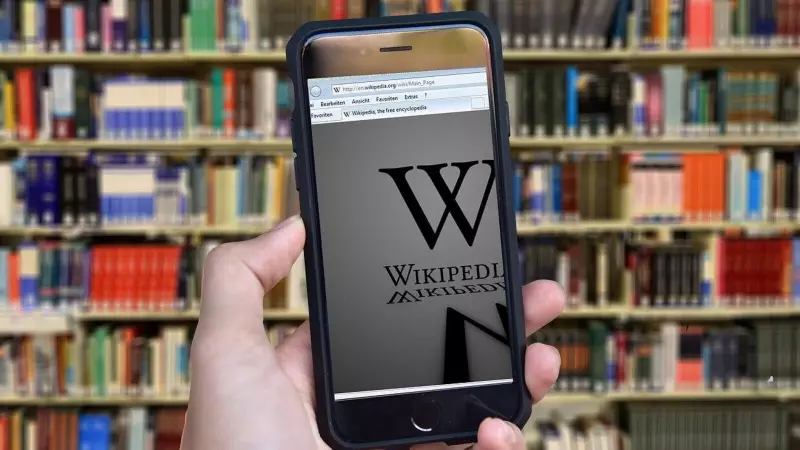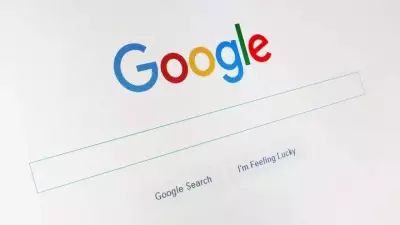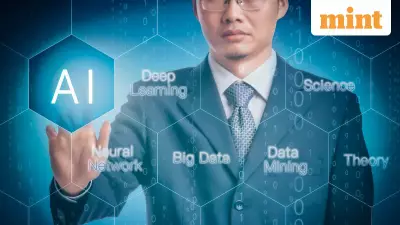
In a dramatic shift that underscores how artificial intelligence is transforming our digital landscape, Wikipedia has witnessed a significant 8% drop in human traffic over the past year. This decline marks a pivotal moment in how Indians are seeking and consuming information online.
The AI Revolution Reshapes Information Seeking
The emergence of generative AI platforms, particularly ChatGPT, has fundamentally altered user behavior. Instead of navigating through multiple Wikipedia pages to gather information, users are increasingly turning to AI chatbots that provide instant, conversational answers to their queries.
According to data from Similarweb, the trend is particularly pronounced among younger demographics who prefer quick, summarized responses over traditional research methods. This represents one of the most substantial shifts in digital behavior since the rise of smartphones.
Social Media's Evolving Role in Information Discovery
Beyond AI's impact, changing social media patterns are also contributing to Wikipedia's traffic decline. Platforms like Instagram and TikTok are becoming primary sources for news and educational content, especially among Gen Z users who consume information through short-form videos and visual content.
This shift is particularly evident in India, where mobile-first internet usage continues to dominate. Users are spending more time within social media ecosystems rather than venturing out to dedicated information websites.
What This Means for Digital Knowledge Ecosystems
The traffic decline raises important questions about the future of crowd-sourced knowledge platforms:
- How will Wikipedia adapt to the AI era?
- Can traditional encyclopedias compete with instant AI responses?
- What does this mean for the verification and accuracy of information?
While Wikipedia remains one of the internet's most trusted sources, the convenience of AI-powered answers is clearly reshaping user preferences. This trend is expected to accelerate as AI tools become more sophisticated and integrated into search engines and mobile devices.
The changing digital habits represent a broader transformation in how we access and interact with information, signaling that the era of traditional web browsing may be giving way to more conversational, AI-driven experiences.





